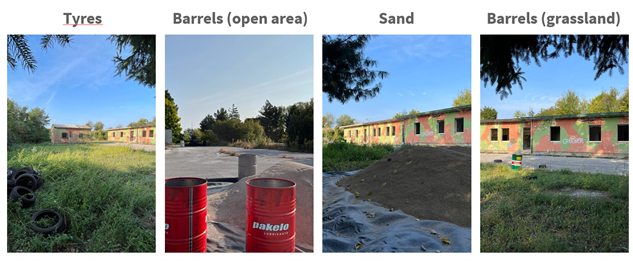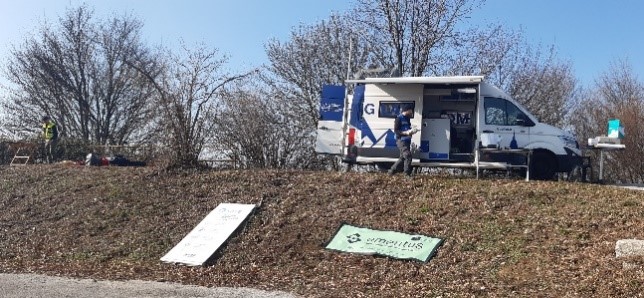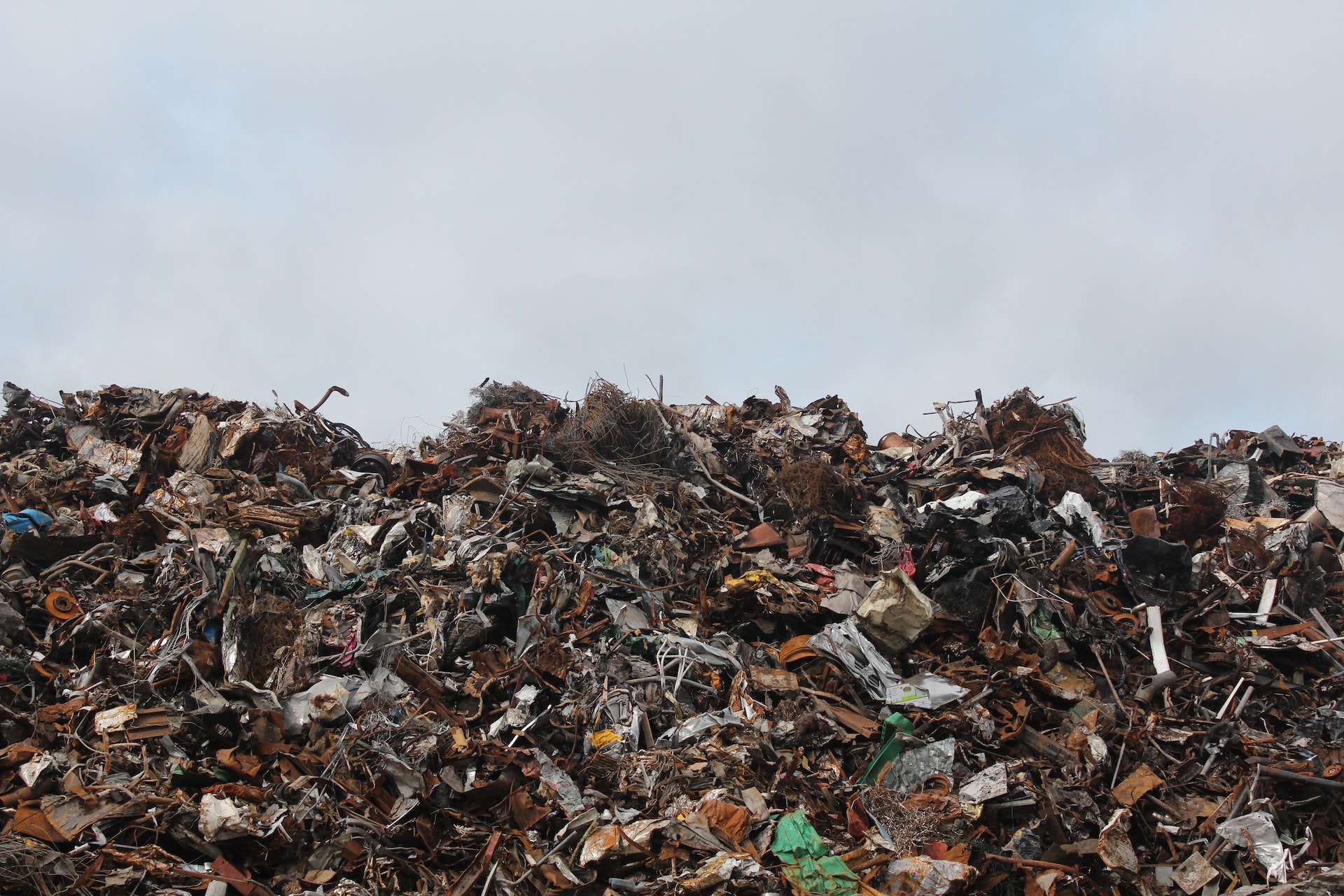Field test insights from POLITO
The Politecnico of Turin (hereafter called POLITO), a prestigious public technical university located in Turin, Italy, is one of the partners in the EMERITUS project.
POLITO contributes to the EMERITUS project with an interdisciplinary research group composed of members who are working in three different departments: Department of Environment, Land and Infrastructure Engineering (DIATI), Department of Architecture and Design (DAD) and Department of Electronics and Telecommunications (DET). Polito’s groups is composed by 15 persons. Within EMERITUS, POLITO is involved in geospatial data acquisition, processing and analysis and GNSS positioning technologies, contributing to different WPs and to the Use Case 2, regarding the industrial site.
POLITO field tests
Focusing the attention on efforts against waste crime and enhance land cover classification, Politecnico di Torino has been actively engaged in field test campaigns, leveraging cutting-edge terrestrial and aerial technologies. In particular, two test sessions have been carried out at the Calvarina Base managed by SAFE Foundation; from 4th to 6th October 2023 and later from 19th to 21st February 2024.
These comprehensive tests entailed the acquisition and processing of geospatial data, aligning closely with EMERITUS’ objectives such as collecting and standardising data, defining simulation scenarios, and conducting R&D activities for tool fine-tuning.
The field tests employed a diverse array of equipment, showcasing both terrestrial and aerial prowess. Terrestrial surveys were facilitated by the use of fixed and portable laser scanners, while aerial surveys took advantage of various UAV platforms equipped with an assortment of sensors, including photogrammetric, LiDAR, multispectral, and thermal sensors.

Figure 1 – Type of land cover and waste tested
At the heart of these endeavours lays the ambitious goal of gathering multitemporal datasets capable of capturing nuanced changes in land cover in general, focusing on waste location, extent, and volume. The tests encompassed diverse scenarios, ranging from different land cover types to various waste materials, all aimed at testing the efficacy of change detection capabilities across both geometric properties and thematic attributes (Figure 1).
Following data acquisition, rigorous processing ensued, resulting in the generation of dense point clouds with remarkable centimeter-level accuracy. Additionally, derivative products such as orthoimagery and digital surface models (DSM) were meticulously crafted, further enriching the analytical potential of the acquired datasets (Figure 2).

Figure 2
Beyond data acquisition and processing, the field tests also served as a platform for assessing the resilience of embedded navigation and positioning units against external cyber threats, particularly for commercial UAV platforms. Through carefully orchestrated scenarios, the robustness of devices ranging from smartphones to high-end receivers was scrutinised under varying conditions, yielding invaluable insights into their performance under duress.
Looking ahead, the horizon brims with promise as the acquired data sets pave the way for further exploration. Future activities are poised to evaluate change-detection algorithms, leveraging both 3D datasets and spectral content. Moreover, additional tests on malicious interferences will be conducted in a controlled environment, shedding light on the impact of such threats on commercial drones’ navigation systems, with a particular focus on the GALILEO constellation.

Figure 3 –Test field setup: moving lab and ground station
More about the Politecnico di Torino
The Politecnico di Torino was founded in 1859 as the Scuola di Applicazione per gli Ingegneri (School of Application for Engineers) and has since grown into one of the leading institutions for engineering and architecture studies in Italy and worldwide. POLITO is renowned for its research activities and collaborations with industry, contributing significantly to technological advancements and innovation. With a strong emphasis on interdisciplinary studies and international cooperation, Politecnico di Torino plays an important national and international role in shaping the future of engineering and architecture through its academic excellence, research contributions, and commitment to innovation.




